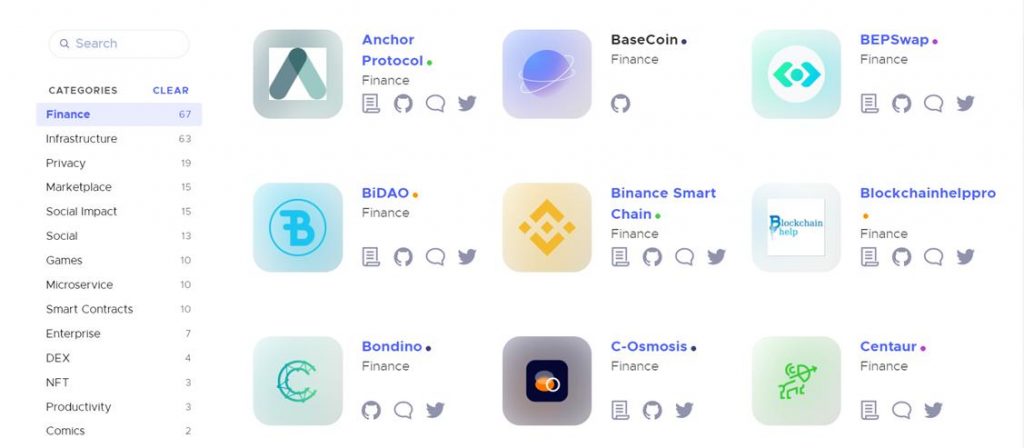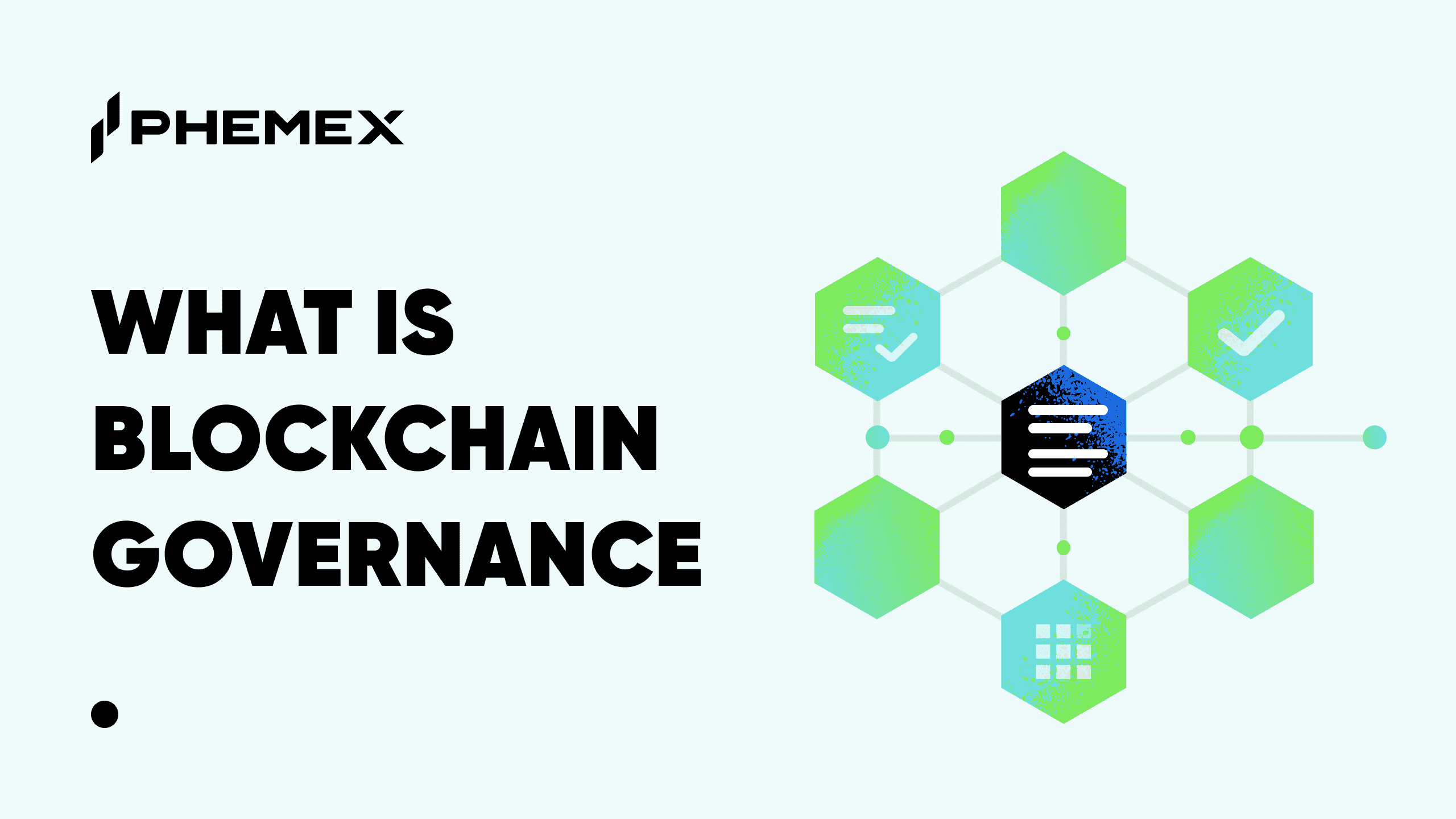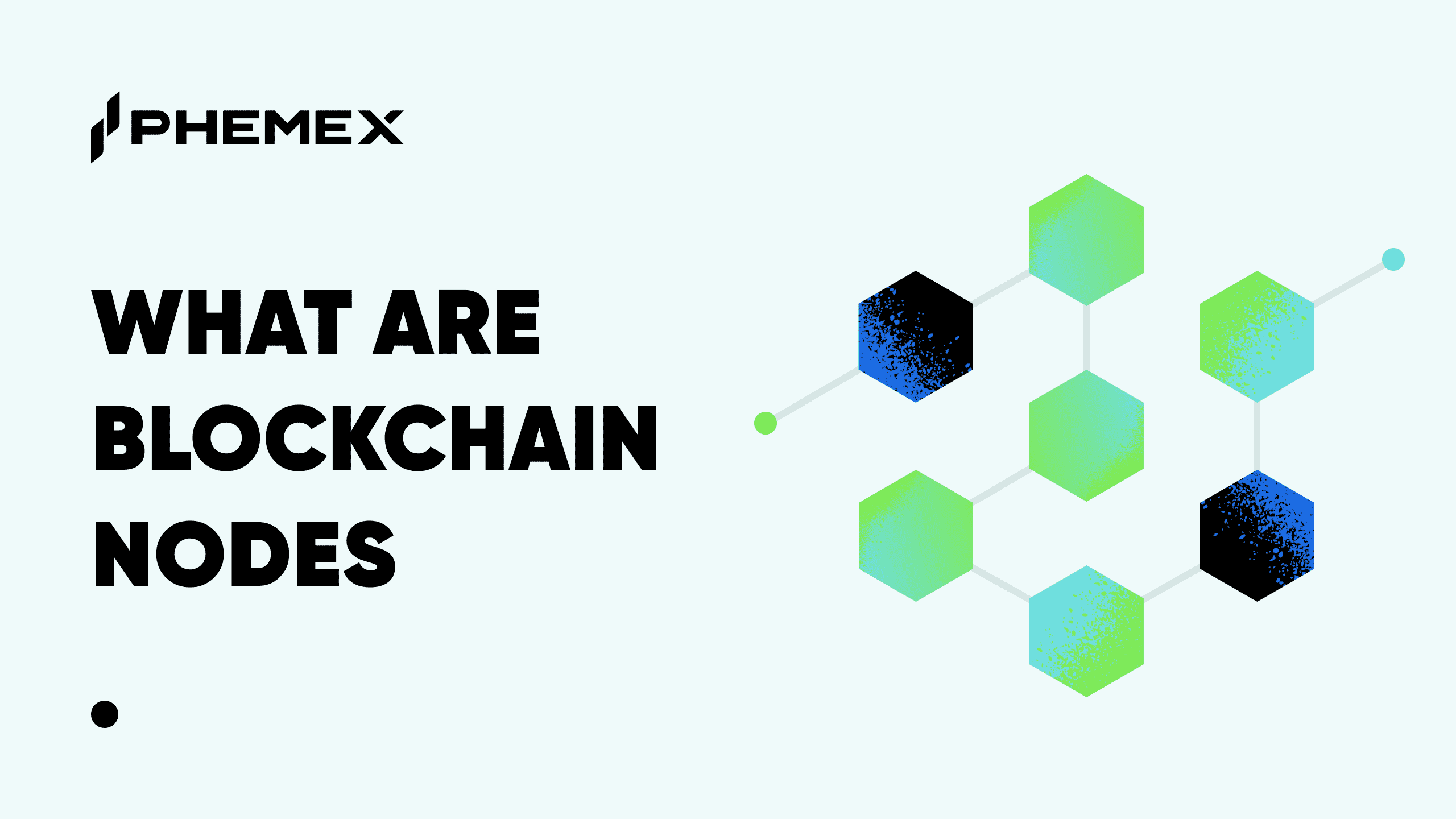Blockchain development and use may often grow complex. There are tools available that help reduce this complexity, both for programmers and for non-technical audiences – APIs and SDKs. While the latter is aimed at blockchain developers, the former may be used both by developers and by technically-savvy end-users as well.

What Is API?
An Application Programming Interface (API) is a software that acts as an interface between two or more different programs or data sources. Typically, APIs provide an interface you may use to aggregate data or carry out transactions by connecting to a variety of external sources, such as websites, online databases, cryptocurrency exchanges, or blockchain networks.
What is REST API?
APIs use various software styles to enable their functionality. Representational State Transfer (REST) is the most popular API style. When using a REST-based API, you request data by providing a Uniform Resource Identifier (URI), a sequence of characters that uniquely identifies a web-based resource, e.g., a data file, a document, or a web page.
REST locates the requested resource on the web and typically returns it in JSON or XML format. These formats are human-readable and are mainly used to represent some structured data, e.g., a list of cryptocurrency symbols with their current price values.
Why blockchains need API?
An example of a crypto API is a software interface that lets you get updated cryptocurrency prices from one or more crypto exchanges, or carry out transactions by connecting to a blockchain network such as Bitcoin (BTC) or Ethereum (ETH).
Crypto APIs are usually used by programmers as part of the software solutions they develop. Instead of developing the communication channel between two or more sources from scratch, programmers use pre-built APIs. The use of APIs can provide significant time savings on a blockchain development project.
However, some crypto APIs could also be used by technically-savvy users who do not necessarily have software development skills. These are usually the APIs that are well-documented and designed to be as user-friendly as possible.
Normally, the richer the functionality a crypto API offers, the harder it is for non-programmer audiences to use. Before trying to make use of any API, it is advisable to thoroughly study its documentation.

What is SDK and How Does It Relate to an API?
A Software Development Kit (SDK) is a bundle of software development tools, such as a programming language compiler, an in-built database development environment, and an API, integrated into one installable software package.
An SDK provides an integrated development environment to create complete software solutions. It is the programmer’s Swiss Knife that helps cut down on the development effort significantly by providing all the necessary tools in one package. SDKs commonly, but not necessarily, include one or more crypto APIs.
How do Blockchain SDKs work?
Blockchain SDKs are software bundles used to develop blockchain platforms, apps on these platforms, or some advanced blockchain functionality. Unlike some APIs, SDKs are hardly suitable for use by non-programmer audiences. In order to properly install and use an SDK, you must have sufficient programming skills.
Blockchain API vs. Crypto SDK
Depending on what you need to achieve on blockchain or crypto platforms, either a crypto API or a complete SDK might be needed.
- API is enough if the main goal is simply to gather data from different online sources or to enable basic transactions on a blockchain platform.
- If the main goals are of a more advanced nature, a development effort using an SDK may be required. For example, launching a new blockchain or enabling cross-chain functionality would require a complete development effort, where an SDK would be very useful.
It should be stressed that blockchain development may be accomplished using various programming tools separately. For example, you may choose your preferred programming language, database solution, and front-end interface technology as separate (but naturally compatible with each other) tools.
In other words, an SDK is never an absolute requirement. However, using a good SDK will help save on the time and cost of development in a major way. As such, blockchain programmers are increasingly opting to use SDKs.

What Are the Best Crypto APIs?
The market for crypto APIs is extensive, with many tools, both free and commercial, on offer. However, some of the tools widely promoted online are based on affiliate-driven reviews and a good dose of marketing hype.
Among the large variety of crypto APIs, we have chosen three products that provide the most useful functionality to access and use popular blockchain platforms, or gather important crypto market intelligence. While choosing the APIs to include, we have tried to avoid the marketing hype, and focused on the most useful and accessible API products.
1. Blockchain API from Blockchain.com
Blockchain API from Blockchain.com is probably the oldest and most common APIs in the world of cryptocurrency and blockchain technology. It is actually a bundle of several APIs, each serving its own purpose.
For example, the Websocket API and REST API, two of the APIs in the bundle, may be used to get up-to-date market data on crypto prices, trades, and swaps from the Blockchain.com.
The Payment Processing API is to enable the Bitcoin payment functionality on any website, while the Blockchain Data API is to receive detailed information about addresses, transactions, and blocks on the Bitcoin network.
The Blockchain API bundle is completely free to use. If your crypto interests lie within the domain of Bitcoin, this is probably the best API set on the market.
2. EtherScan API
If you are using the Ethereum blockchain or any of the decentralized apps (DApps) on it, EtherScan provides a bundle of useful APIs to interact with the platform.

Similar to Blockchain API from Blockchain.com, EtherScan API is a collection of several APIs, each with their own specific purpose. The APIs allow you to carry out all the common tasks when interacting with Ethereum or Ethereum-based apps. The most useful functionality includes:
- Carrying out or querying transactions on the network
- Building DApps
- Creating and updating smart contracts
The EtherScan APIs provide a rich functional set for an Ethereum programmer. While the overall functionality of the APIs might be a little overwhelming for a non-programmer, people without Ethereum development skills may still be able to implement some of the most basic APIs from the bundle, mainly those designed to query the basic data on the network.
The EtherScan API bundle has the free community version, and there are paid versions for the more advanced users or projects. The standard paid version is priced at $199 per month, while the most advanced, professional version is priced at $399 per month.
3. CoinMarketCap API
The Blockchain API and EtherScan API may be ideal for programmers, as they include a wide functional set to work with the world’s two largest blockchains, Bitcoin and Ethereum, respectively. However, these APIs may be somewhat overwhelming to use for non-programmers and are not focused on the wider cryptocurrency market.
Most crypto enthusiasts, traders, or observers have no programming skills, and many are interested in crypto prices and trades. These audiences can benefit from using the CoinMarketCap API.
CoinMarketCap is the largest cryptocurrency market data aggregator in the world, and their API could give a great snapshot to what is going on in the crypto markets. Key data from this API includes crypto asset prices, rankings, market caps, and supply data. In short, all the fundamental information on a coin or token of interest.
There is a free basic version which requires no subscription, and several paid versions, starting at $29 per month, and up to $699 for the professional version. The most advanced version, the Enterprise, is aimed at larger companies and is custom-priced on inquiry.
API for Nodes and Explorers
In addition, there are services that offer cost-effective API services for nodes and explorers through premium quality infrastructure. NOWNodes guarantees high security for the nodes by continuously monitoring them. It also ensures that its services are easily scalable to suit the growing demands of blockchain business.
What Are the Best Blockchain SDKs?
As is the case with APIs, there is a wide variety of SDKs for blockchain development. Some of the notable ones are Cosmos SDK, Samsung Blockchain SDK, and Tatum JavaScript Blockchain SDK.
1. Cosmos SDK
Cosmos SDK is a development bundle provided by the Cosmos blockchain platform. Cosmos aims to become a network of individual blockchain platforms. It promotes interoperability between different networks built using the Cosmos technology.

The blockchains supported by Cosmos are based on Proof of Stake (PoS) block validation, which makes them much faster and cheaper to use than the older Proof of Work (PoW) platforms.
2. Samsung Blockchain SDK
Samsung Blockchain SDK is another popular blockchain development bundle. Its main feature is extensive support for smart contract-based development. Samsung Blockchain SDK is a good choice for developers of DApps. It is designed to support development on two popular smart contract-oriented platforms – Ethereum and Tron (TRX).
3. Tatum JavaScript Blockchain SDK
Tatum JavaScript Blockchain SDK is a JavaScript-based bundle of tools that supports blockchain development for more than 40 platforms. This variety is probably the biggest strength of this SDK.
The blockchains supported by Tatum SDK include most of the leading platforms, such as Bitcoin, Ethereum, Ripple XRP, Litecoin, Bitcoin Cash, Hyperledger, Cardano, and Tron. The only prominent blockchain that is currently missing from the list of the supported platforms is Solana.
Conclusion
Crypto APIs are software interfaces that act as a communication channel between two or more programs or sources of data. They are typically used by blockchain programmers to speed up their development efforts. However, some simpler and user-friendly Crypto APIs may be used by blockchain end-users with a knack for technology.
Some of the most useful APIs include Blockchain API for the Bitcoin platform, EtherScan API for the Ethereum platform, and CoinMarketCap API. The last one is a great choice for non-programmer audiences to get useful cryptocurrency market information.
SDKs are integrated bundles of software tools that help programmers develop blockchain solutions. They are great for speeding up blockchain development. Many SDKs include one or more crypto APIs.
Examples of well-known blockchain SDKs include Cosmos SDK, Samsung Blockchain SDK, and Tatum JavaScript Blockchain SDK. Tatum SDK, in particular, has the great property of supporting development for nearly all popular blockchain platforms.
Read More
- Blockchain Analytics: 11 Free Crypto Research Tools You Need
- What Are Decentralized Applications (dapps)?
- What is Blockchain Technology: The Biggest Misconception About It
- How To Do Crypto Research: The Best Ways to Get Started
- How to DYOR (Do Your Own Research): A Comprehensive Guide
- Careers in Blockchain: Techies, Lawyers, Crime Hunters, and Beyond
- What is Cryptocurrency & How It Differs From Digital Cash
- What Are Crypto Tokens? How Do They Work?








